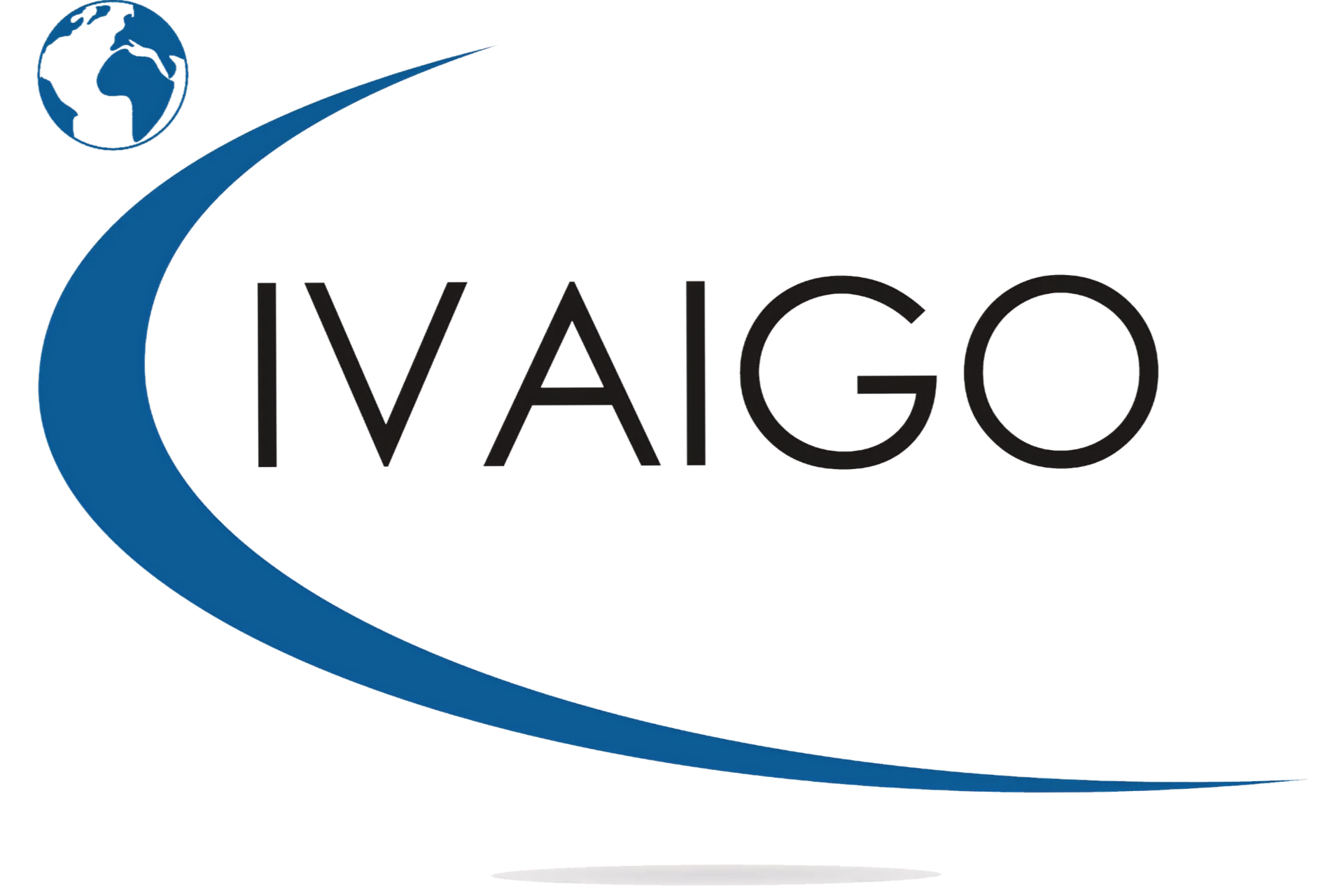

Recognizing & Integrating TVET Education for Refugees (RiTE)









Title: Recognizing & Integrating TVET Education for Refugees (RiTE)
Number: ERASMUS-EDU-2024-CB-VET – 101183389
Dates: 01/01/2025 - 31/12/2027
Partners:
Cosvitec (Italy) – Lead Partner
Universidad de Alicante (Spain)
Asociacija IVAIGO (Lithuania)
Uganda Small Scale Industries Association (Uganda)
YMCA Comprehensive Institute (Uganda)
Busitema University (Uganda)
Vocax Startup Hub & Training Center (Uganda)
Action for Fundamental Change & Development (Uganda)
Target Groups:
Primary Target Group:
Refugee communities in Uganda, Kenya, Tanzania, Ethiopia, Somalia, and South Sudan seeking technical and vocational training for better employability.
TVET (Technical and Vocational Education and Training) educators, trainers, and institutions working with refugee populations.
Secondary Target Group:
Policy makers in the field of education and refugee integration.
Employers, businesses, and industry stakeholders who can facilitate job placements for refugees.
NGOs, international organizations, and community leaders supporting refugee integration.
Main Aim:
To enhance the integration of refugee communities into vocational education and employment by building the capacity of TVET institutions, developing inclusive curricula, and providing accessible training programs tailored to the specific needs of refugees in East Africa.
Objectives:
Assess Needs & Gaps: Conduct research to identify the skills gaps and educational needs of refugees in Uganda and neighboring regions.
Enhance TVET Capacity: Strengthen the capacity of TVET institutions by equipping educators with inclusive teaching methodologies and digital tools.
Develop Inclusive Curricula: Create culturally sensitive TVET curricula and assessment tools aligned with refugee learners' backgrounds.
Facilitate Training & Job Access: Provide hands-on vocational training programs and support pathways for formal recognition of prior learning.
Increase Digital Access: Establish an online training platform to provide digital resources, self-paced learning, and knowledge-sharing opportunities.
Improve Policy & Outreach: Engage with policymakers and stakeholders to integrate inclusive education policies into national frameworks.
Ensure Long-Term Sustainability: Develop a sustainability plan to ensure the continuation and expansion of the program beyond the project’s duration.
Key Activities:
WP1: Project Management & Coordination (M1-M36)
Establish project governance, risk management, and quality assurance.
Organize regular transnational meetings and reporting.
WP2: Needs Assessment & Gap Analysis (M2-M10)
Conduct research through questionnaires and focus groups among refugees and TVET educators.
Organize a study visit to Uganda to document best practices and challenges.
Formulate comprehensive recommendations for inclusive TVET programs.
WP3: Capacity Building for TVET Institutions (M8-M20)
Develop an online platform with training modules and MOOCs.
Train TVET educators through job shadowing in Spain and local capacity-building workshops in Uganda.
Implement a knowledge enhancement program on inclusive teaching methodologies and digital tools.
WP4: Developing & Piloting Inclusive Curricula (M18-M30)
Review and adapt existing TVET curricula for cultural sensitivity and refugee-specific needs.
Design instructional materials and inclusive assessment tools.
Develop and pilot a Green Entrepreneurship Module for refugee learners.
Launch and implement training programs in Uganda.
WP5: Access & Enrollment Support (M31-M35)
Establish Recognizing Prior Learning (RPL) mechanisms for refugees.
Develop pathways for formal certification and job placement.
Conduct community outreach campaigns to increase refugee participation.
WP6: Dissemination, Knowledge Sharing & Sustainability (M1-M36)
Develop a comprehensive dissemination plan using social media, workshops, and digital content.
Organize policy roundtables, webinars, and conferences on refugee education.
Publish research findings on the RiTE digital platform to support replication in other contexts (e.g., Ethiopia, Kenya, and Tanzania).
Expected Results / Outputs / Impact
Results & Outputs:
✔ Research Reports: Needs assessment and best practice documentation.
✔ Digital Learning Platform: Hosting TVET courses and instructional materials.
✔ TVET Trainer Toolkit: Guidelines on inclusive education methods.
✔ Adapted TVET Curricula & Green Entrepreneurship Module for refugee learners.
✔ Recognizing Prior Learning (RPL) Frameworks to facilitate certification.
✔ Policy Recommendations Report for national and institutional adoption.
Impact:
✔ Empowered Refugees: Increased access to high-quality vocational training leading to employability.
✔ Stronger TVET Institutions: Improved teaching quality and integration of digital learning tools.
✔ Policy Change & Advocacy: Inclusion of refugee-centered education models in national frameworks.
✔ Economic & Social Integration: Enhanced job opportunities and self-employment prospects for refugees.
✔ Sustainability & Scalability: A replicable model for other refugee-hosting countries in East Africa.
Conclusion:
The RiTE Project aims to bridge the gap between refugees and vocational education, ensuring they gain valuable skills for employment and self-sufficiency. By strengthening TVET institutions, developing digital learning platforms, and advocating for inclusive policies, this initiative contributes to sustainable solutions for refugee integration and long-term social and economic development in East Africa.
This project is funded by the European Union through the Erasmus+ program, supporting education, training, youth, and sports initiatives across Europe.
